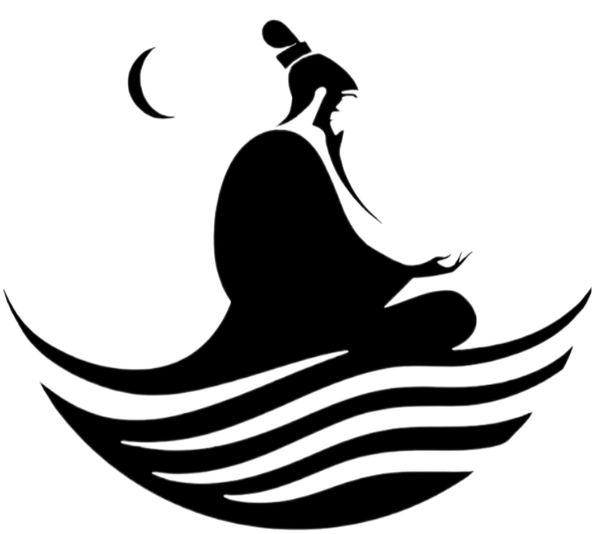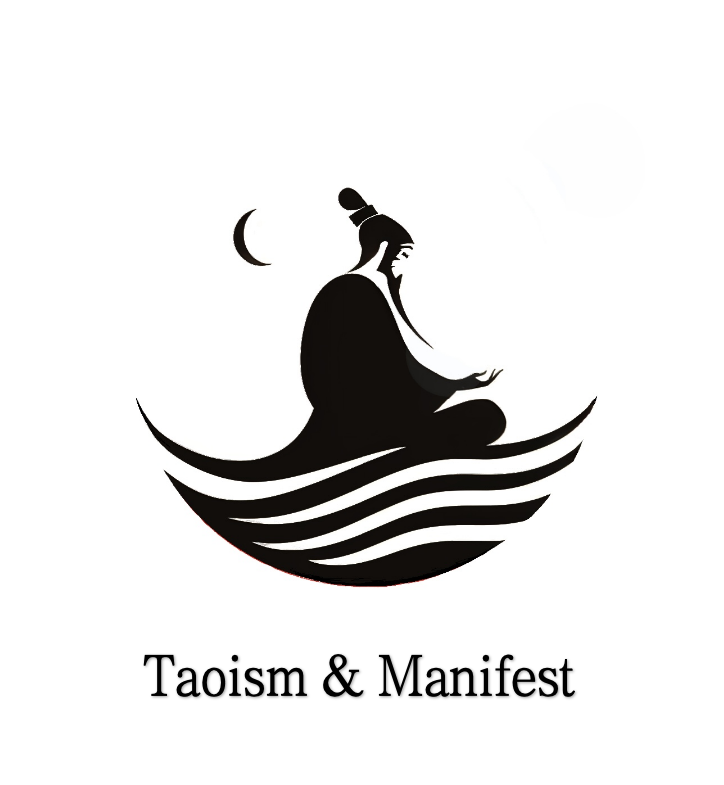In Taoist philosophy, the balance of yin and yang is seen as the fundamental principle underlying harmony in the universe. This balance extends beyond nature to the realms of work and personal life. For Taoists, learning to balance these energies in the fast-paced modern world is both a spiritual and practical pursuit. Here, I share my perspective and advice on achieving yin-yang harmony in daily living.
Understanding Yin and Yang: Core Concepts
Yin and yang represent opposing but complementary forces in the Taoist worldview, symbolizing dynamic balance in the universe. They interact continuously, driving transformation and growth. Taoist thought holds that disruptions in this balance lead to challenges, while harmony promotes well-being and growth. This pursuit of balance between yin and yang is not only central to Taoist practice but also beneficial in everyday life.
Bringing Yin-Yang Balance into Daily Life
Achieving this harmony in work and life involves applying yin-yang principles to various aspects of living:
1. Dietary Balance
- Diet is essential for maintaining energy and balance. Taoism emphasizes harmonizing dietary choices with seasonal and individual needs to support health. For instance, cooling foods may be favored in the heat of summer, while warmer, nourishing options are suited for winter. This approach to diet is a practical expression of yin-yang balance.
2. Emotion Management
- Emotional stability is closely tied to yin-yang harmony. Excessive yang (e.g., anger or anxiety) or yin (e.g., sadness or melancholy) can disrupt health. Taoists manage emotions through meditation, breathing exercises, and cultivating inner calm to maintain balance, fostering a stable and resilient state of mind.
3. Movement and Rest
- A blend of activity and rest is key to maintaining physical and mental wellness. For those with sedentary jobs, regular breaks for movement restore balance, while rest is essential during busy periods. This rhythm of movement and stillness aligns with the Taoist practice of balancing yin and yang energies.
4. Work-Life Balance
- Taoism encourages harmony with nature, which includes a healthy balance between work and rest. Overwork leads to exhaustion, while adequate rest restores vitality. Taoists are encouraged to set realistic work schedules, avoiding both overwork and excessive idleness to keep their energy and motivation balanced.
A Taoist's Daily Routine in Practice
To illustrate, a Taoist might start the day with Tai Chi or Qigong to harmonize body and mind. At work, they may adopt a rhythmic approach, taking periodic breaks to maintain focus and energy. Dietary choices align with the seasons, opting for lighter foods in summer and heartier fare in winter. For emotional balance, they practice meditation and mindful breathing exercises, maintaining inner calm despite external pressures.
For Taoists, the quest to balance yin and yang in work and life represents a path to wisdom. Through mindful diet, emotional regulation, a mix of activity and stillness, and a balance of work and rest, individuals not only sustain their physical and mental health but also discover inner peace in the midst of a fast-paced world. This lifestyle not only aids personal development but also contributes to broader social harmony.
References
- Guo Long Ge, "On the Yin-Yang Philosophy of Taoist Internal Alchemy" Chinese Academy of Social Sciences






